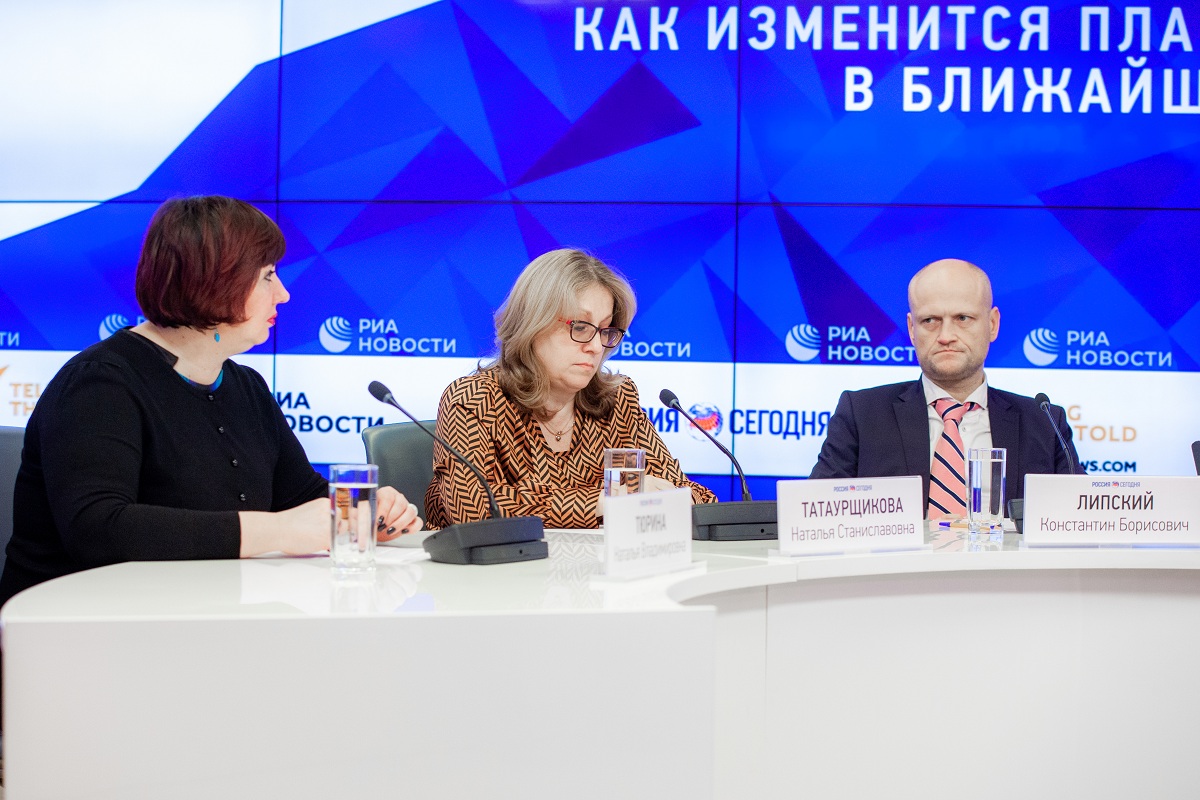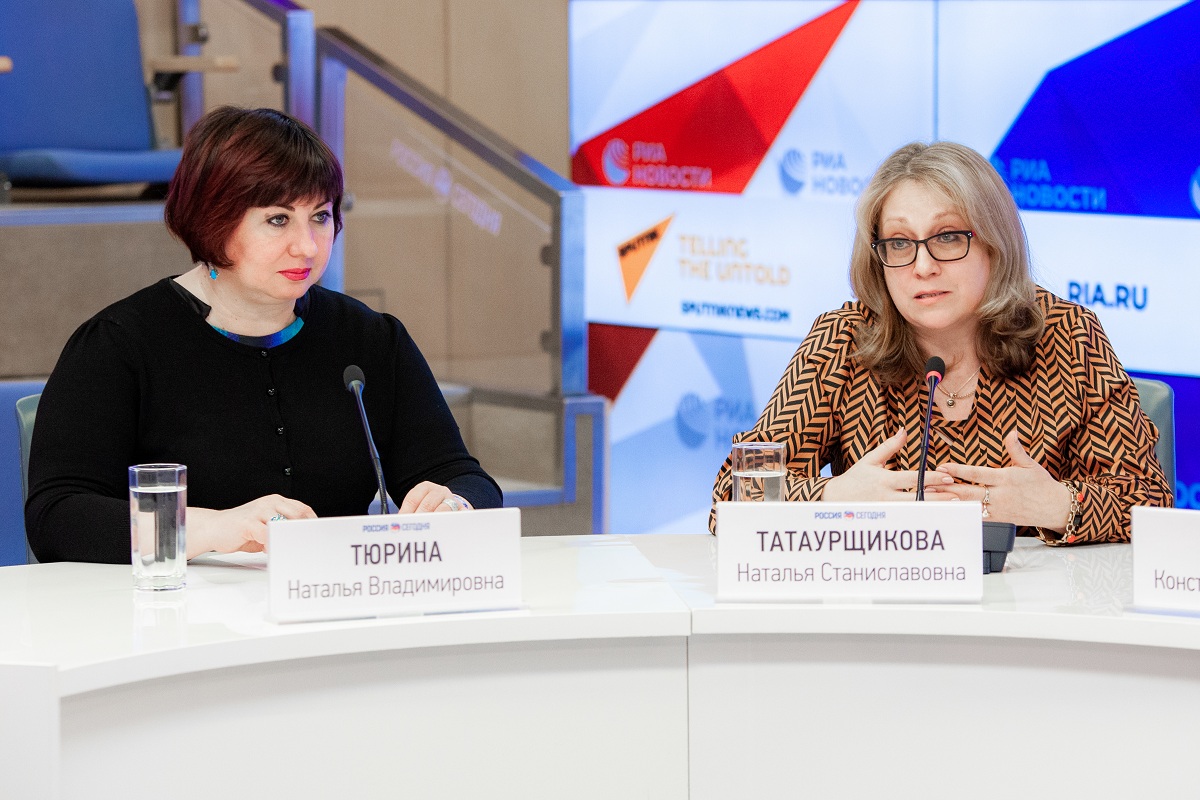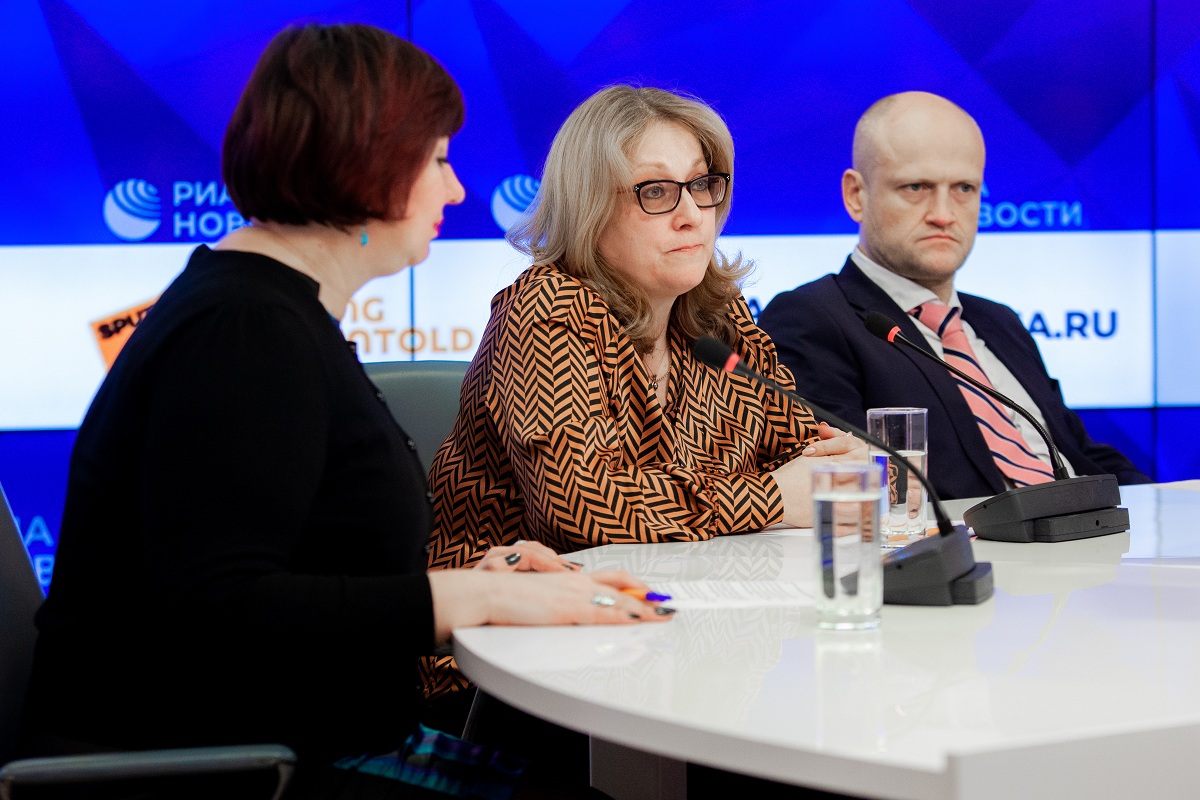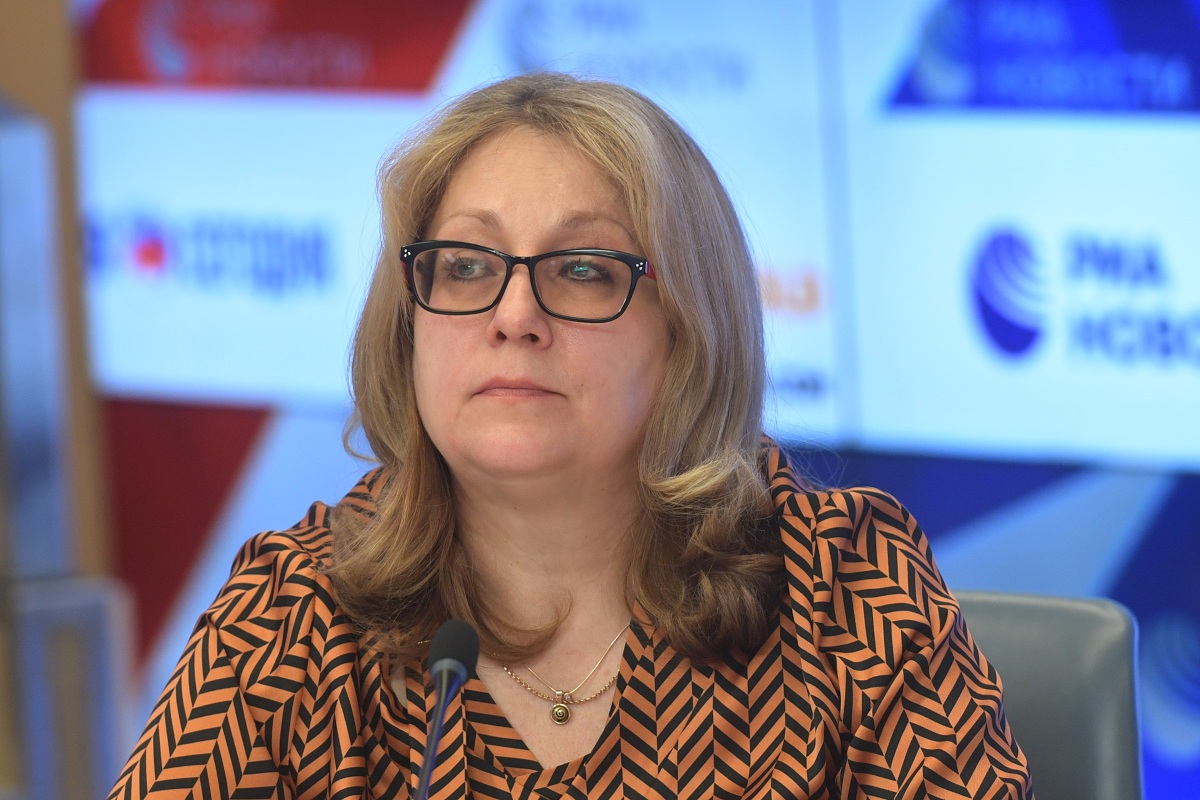“Interdisciplinarity is the future of plastic surgery,” Professor Natalya Tataurschikova
In 2019, the Ministry of Health submitted a draft professional standard for plastic surgeons, which includes, inter alia, five-year residency training. There is a dissertation council on plastic surgery, which is headed by professor Natalia Manturova, chief freelance specialist - plastic surgeon of the Ministry of Health of the Russian Federation and the Department of Health of Moscow, Head of the department of plastic and reconstructive surgery, cosmetology and cell technology at Pirogov Institute.
In June 2019, the first defense of a PhD dissertation in the specialty was held in Russia. In December, the defense of the first doctoral dissertation in plastic surgery is due.
RUDN University is one of the leading research centers in the field of plastic surgery. It is no coincidence that the first scientific and practical conference “Modern Trends in Research in the Field of Plastic Surgery and Aesthetic Medicine”, held in early April, was held at RUDN University.
“In the presence of our foreign colleagues, we discussed modern fundamental, as well as new scientific directions of plastic surgery,” noted Natalya Manturova on the significance of the April conference.
“The residency in plastic surgery at RUDN has existed for a long time, we constantly raise issues of improving the quality of the educational process in the industry and introducing advanced scientific practices both in training specialists and in practical plastic surgery. Plastic surgery is an advanced branch of medical science and practice,” said Professor Tataurschikova.
The challenges facing a modern plastic surgeon dictate new requirements for a specialist profile.
“The expectations of plastic surgery patients require deep psychological knowledge, because there are no such high requirements in any medical industry that involves transformation. Knowledge of immunological techniques, understanding of how the immune system affects various processes in the body, knowledge of wound healing techniques - all this is the key to the success of patient management. Interdisciplinary scientific knowledge is very important for a plastic surgeon, ” Natalya Tataurschikova emphasized.
The professor also emphasized that the capabilities of Russian science and the multidisciplinary approach make the profession of a plastic surgeon very relevant.
“Thanks to the adoption of educational and professional standards in plastic surgery, we expect the appearance of highly qualified specialists and the latest opportunities in improving the quality of life of patients - along with increasing life expectancy, this task has been set for the healthcare industry by President Vladimir Putin,” summed up Natalya Tataurschikova.
Products derived from microalgae represent a cutting-edge development in the field of bioeconomy. The potential of this biological resource was discussed at the international research seminar “Foundations for a Green Sustainable Energy”, part of the BRICS Network University’s thematic group on “Energy”. The event was organized by the Institute of Ecology at RUDN University.
Ambassadors of Russian education and science met at a conference in RUDN University to discuss how they can increase the visibility of Russian universities and research organizations in the world, and attract more international students in Russia.
The international scientific seminar hosted by RUDN Institute of Ecology “Experience of participation in student organizations as a way to form career skills” united scholarship recipients of the International Student Mobility Awards 2024 and Open Doors, along with members of the scientific student society “GreenLab” and the professional student association “Kostyor (Bonfire)” shared their projects focused on environmental protection.



